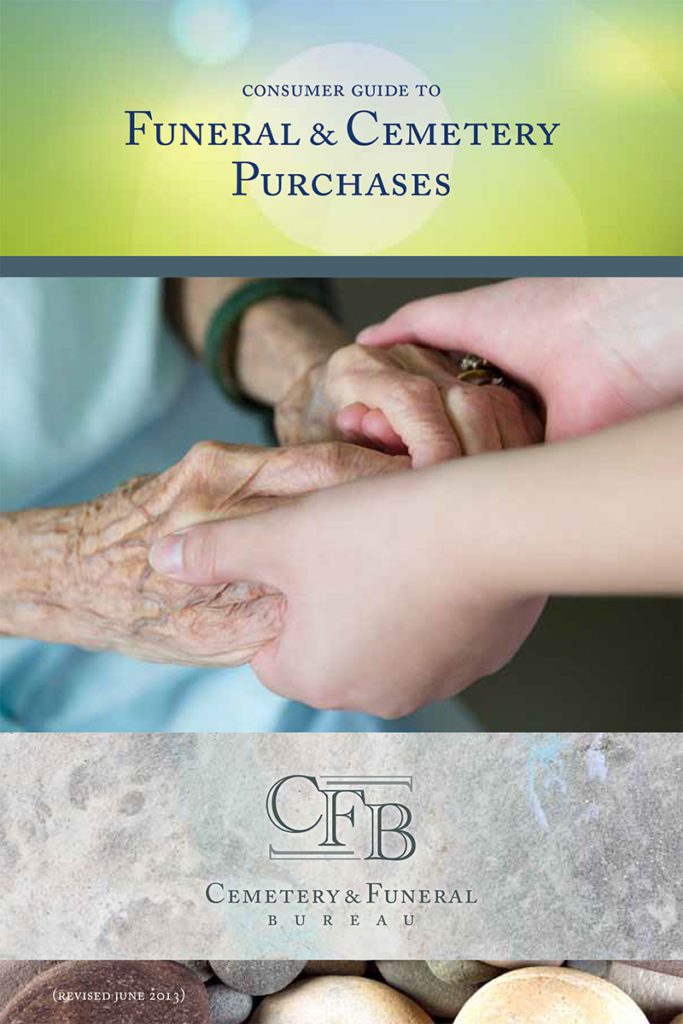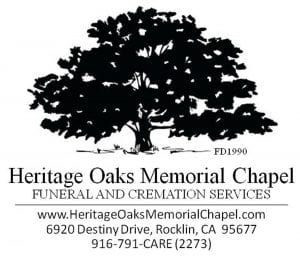Understanding Wills and Trusts
Trusts, Wills, probate, joint property, estate taxes, selecting estate trustees/ attorneys for property, personal care and other issues may appear somewhat intimidating at first.
Fortunately, with a little guidance and preparation, dealing with such matters does not have to be so overwhelming. Planning ahead and updating your plan as needed will help avoid unnecessary grief and confusion in the end. Estate planning includes all of the following issues and documents mentioned.
What does a Trust or Will have to do with Estate Planning?
Many people have either a Trust or a Will. Both are legal documents and must be honoured by your heirs. A Trust provides for safeguarding of your property and assets. You may amend your Trust as many times as you wish, but upon death, it becomes irrevocable and is to be carried out by your designated trustee according to your wishes.
During the estate planning process, it is important to speak with an attorney who is experienced in such matters.
A well-designed estate can help minimize probate costs and estate taxes. A knowledgeable attorney should alert you to any potential statutory claims that may impact your ability to deal with your assets as intended.
Your attorney can discuss any potential claims that a “dependent” may have under law, and/or with respect to entitlements. An awareness of such responsibilities and rights can help prevent unintended consequences or surprises upon death.
In addition to certain statutory claims, there are some legal limitations that must be considered if you chose to have a Will instead of a Trust.
Documents such as a prenuptial, cohabitation, or separation agreement, or a shareholder’s agreement (with buy/sell provisions, or option agreements) may also affect your estate plan, and thus it is important that such information be shared with your representative(s) when designing an estate plan.
In addition to determining how your estate will be distributed, your attorney can speak to you about choosing a Personal Representative (Executor or Trustee), and the considerations involved in selecting an appropriate person (or professional) to administer your estate.
The potential responsibility and work involved in being a Personal Representative can be significant, and thus appointing someone with the financial acumen and willingness to take on this responsibility is a must. The primary considerations should be choosing someone with the patience, ability, and willingness to carry out this responsibility, and not necessarily a relative.
Powers of Attorney
A “Durable Power of Attorney” is an instrument by which a person (the “Principal”) authorizes another person (the “Agent”) to act on his or her behalf. It is common for people to execute a Power of Attorney for healthcare decisions and another for property and finance (two separate documents) at the same time of drafting a Trust or Will.
A Durable Power of Attorney remains valid and in effect even if you become incapacitated and unable to make decisions for yourself. If a power of attorney does not explicitly say that the power is durable, it ends if you become incapacitated.
In a Power of Attorney for property and finance, the authority granted to an Agent may be general in nature and thus may authorize the Agent to act on the Principal’s behalf in conducting his or her financial affairs. Alternatively, the power of attorney may be quite narrow, authorizing the Agent to perform specific acts, such as the sale of specific assets (house, car etc.), managing bank accounts, or the transfer of securities.
Similarly, in a Power of Attorney for healthcare, the authority granted to an Agent is the authority to make, on his or her behalf, decisions concerning the Principal’s personal care, such as healthcare, shelter, nutrition, clothing, hygiene, and safety.
While you can appoint more than one Agent, it is important to decide whether they are to act “jointly” or “jointly and severally.” Depending upon where your Agent resides, such a distinction may have significant practical considerations.
Information Gathering
If you are preplanning your arrangements, you are already aware of the importance of gathering the information needed and providing your Personal Representative with a copy or location of important documents. However, if you are faced with the unexpected death of a next of kin who has not gathered this information together, this task can be quite daunting.
Upon death, one of the first things the responsible party must do is to gather as much information as possible. It is important to look for and gather the Trust, Will, deeds, financial documents, notes and insurance policies, etc., that the deceased may have.
As a starting point, the Executor or Trustee should consult the Testator’s or Settlor’s lawyer as sometimes an original Trust or Will has been kept at the attorney’s office. The Testator is the maker of the Will. The Settlor created the Trust. Upon death, the attorney should be asked to provide notarized copies of the deceased’s Will or Trust.
Before estate matters can be pursued (i.e. transferring a house or automobile, other legal matters), a copy of the death certificate is also required. Please speak to your Funeral Director at Heritage Oaks Memorial Chapel about obtaining certified copies of the death certificate (as some agencies will not accept photocopies).
This information was provided by Mark Goudy, Attorney
Mark F. Goudy concentrates his practice on probate, trusts, and estate planning. He has extensive experience handling a wide range of cases, including trust administration and disputes, wills and revocable living trusts, personal injury, real estate contractual disputes and construction litigation, mechanic’s liens, foreclosure disputes, and much more.
Heritage Oaks Memorial Chapel
FD 1990
6920 Destiny Drive
Rocklin CA 95677
(916) 791-2273




















